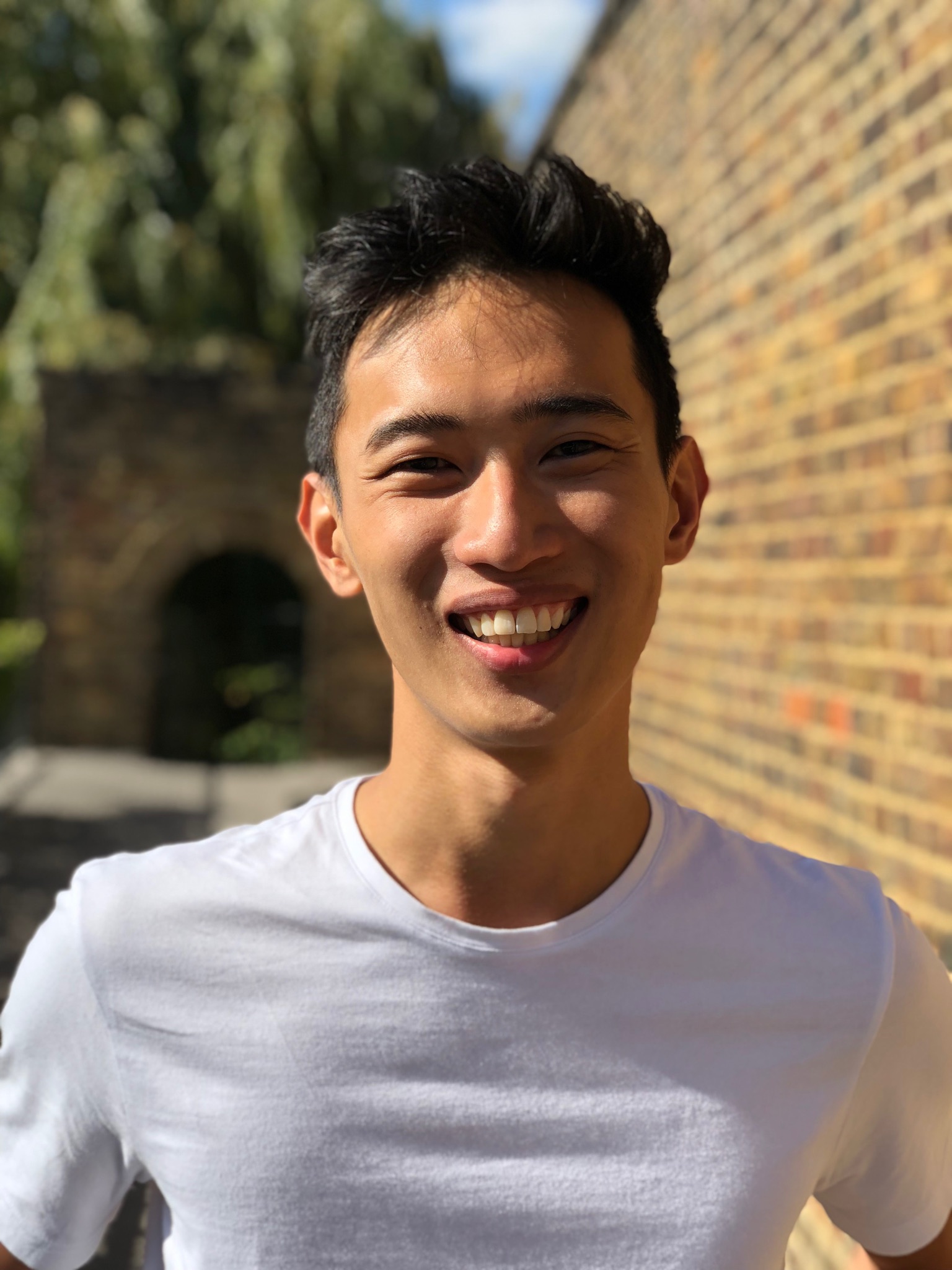
What is your name?
Elijah Tang
Where are you from?
I am originally from Singapore
To which class you belong to?
MSc Translational Neuroscience, Class of 2019
Where and what did you study before joining Imperial College London?
I graduated from the National University of Singapore, with a BSc (Hons) in Life Science. I specialized in Biomedical Sciences and also did a minor in Psychological Sciences.
How did you find your Master experience at the College?
Overall, the Master experience has been beneficial; for me, more on the personal and career development aspect than on the general academic side. Even though there are modules to complete during the academic phase of the course, they were structured to prime students for the actual research field. Coupled with the six months of the research project, it was a useful bridge for the few students without proper research experience
Which research project did you work on?
I was working on characterising the effects of blood-brain barrier dysfunction (more specifically, the destruction of the neurovascular unit) during Alzheimer’s disease progression. During my MSc project, I was very lucky to work under the supervision of Dr David Owen (aka “Microglia-guy” from the lecture series) and Dr Amy Smith
Where are you now?
Still within the Imperial College London circle, as I am currently pursuing my PhD in the Department of Bioengineering, under the supervision of Dr Periklis Pantazis
What are you working on?
I have temporarily paused my endeavours for hard-core neuroscience research and took on the challenge of cellular mechanics. Simply, my PhD research involves the investigation of how cellular mechanics (specifically Piezo1 activities) affect early stages of heart development
What is the most important lesson you learnt as a Master student?
To always say “Yes” to opportunities – especially those that come directly to you. Be it good or bad, there is always a learning outcome from the opportunities presented to you. Given how short the MSc course duration is and how fast time can go pass by, it would have been a waste to give up opportunities being presented professionally and socially
How did the Master programme help you get to where you are now?
Not only this MSc program has enriched my research experience, but it also trained and equipped me with proper working etiquettes for research in academia. I was fortunate to have worked with committed and well-rounded researchers and been mentored by several experts in the neuropathology research. This has opened up my eyes to the importance of collaborative-working and knowledge-sharing in the academic field. Overall, my experience has given me the confidence to be in control of my current and future projects